Eggs have always been at the center of health debates, especially for their cholesterol content. But can people with high cholesterol eat eggs? And above all: do eggs really increase cardiovascular risk? In this article we analyze the most up-to-date scientific data and dispel a myth that is hard to die.
Dietary Cholesterol vs Blood Cholesterol
An average egg contains about 180-200 mg of cholesterol, but it is important to distinguish between dietary cholesterol (the one we introduce with food) and blood cholesterol (the one measured in the blood).
For years, it was believed that eating foods rich in cholesterol automatically increased cardiovascular risk. Today, thanks to numerous studies, we know that dietary cholesterol has a very limited impact on the plasma levels of most healthy people.
Our liver is responsible for producing endogenous cholesterol, and when we consume more of it in our diet, it compensates by producing less cholesterol internally.
One of the most authoritative studies on the subject is a review published in 2020 in the British Medical Journal, which analyzed over 1.7 million people. The result? No significant association between egg consumption and increased risk of cardiovascular disease in the general population.
Can people with high cholesterol eat eggs?
In subjects with high cholesterol or familial hypercholesterolemia, the situation must be evaluated individually. But even in these cases, eggs are not necessarily to be avoided.
The Dietary Guidelines for Americans 2015-2020 removed the 300 mg per day limit for dietary cholesterol, stating that there is insufficient evidence to limit it in a balanced diet.
The American Heart Association also suggests that up to one egg a day can be safely consumed by healthy individuals, and that at-risk individuals can still include eggs in moderate quantities, favoring light cooking and healthy accompaniments.
Another 2020 review, published in Advances in Nutrition, finds that eggs may actually raise levels of HDL (the “good cholesterol”) without significantly impacting LDL.
Eggs yes, but quality and well combined
Not all eggs are the same. The quality of the feed the hens receive has a direct impact on the lipid composition of the egg. Eggs from hens fed naturally, such as Goji berries or Moringa leaves, have an improved nutritional profile, richer in antioxidants and beneficial carotenoids.
This is the case of Nu'ovo, the nutraceutical egg by Favella, obtained from free-range hens fed Goji berries and Moringa Oleifera leaves. This natural diet increases the levels of lutein, zeaxanthin and zeaxanthin dipalmitate, substances that have a protective role against oxidative stress and inflammation.
Nu'ovo has been the subject of research conducted by the Federico II University of Naples and the University of Perugia, demonstrating a content of up to 800% higher carotenoids than standard eggs. It is therefore an ideal food also for those who care about their cardiovascular health.
To learn about the label and better understand the quality of the eggs you purchase, you can also read the guide dedicated to the egg code.
A useful tip is also to consider how you cook your eggs: a soft-boiled or poached egg is much healthier than a fried egg with butter or margarine. Accompany them with vegetables, wholemeal bread or cereals for a balanced meal. If you are wondering if you can eat eggs every day or how many eggs a day are suitable for your diet, consult our specific articles.
Finally, you can also delve into what happens if you eat eggs and eggs and health to get an even more complete view of their impact.
Remember that, in some cases, there may also be unwanted effects: discover the negative effects of eggs in predisposed subjects or with specific pathologies. And if you wonder how to preserve them, also read our in-depth article on eggs in the fridge and correct methods of preservation.
In conclusion, eggs should not be demonized. Even in the case of high cholesterol, their consumption can be possible and even beneficial if inserted in a correct nutritional context and oriented towards quality. Consulting a doctor or nutritionist remains essential to adapt the diet to your needs, but scientific evidence confirms that the false myth between eggs and cholesterol is now outdated.



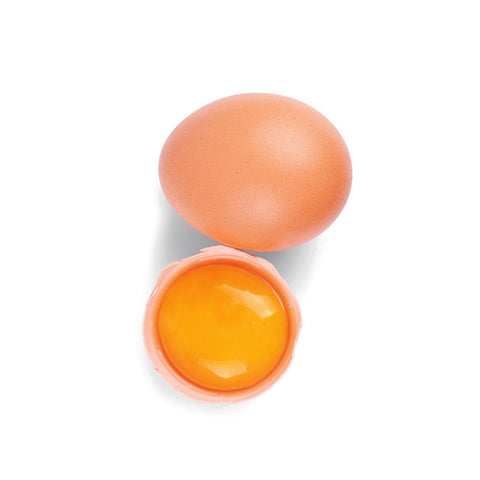


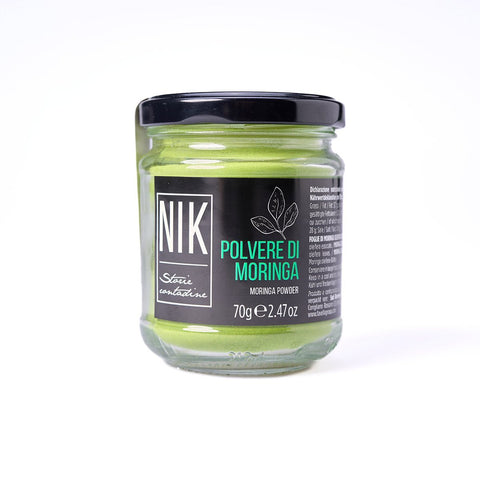
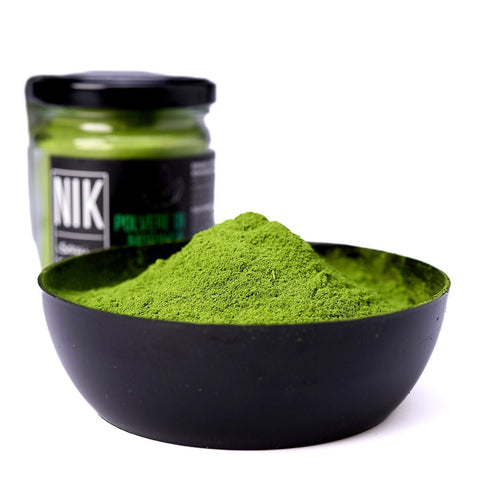
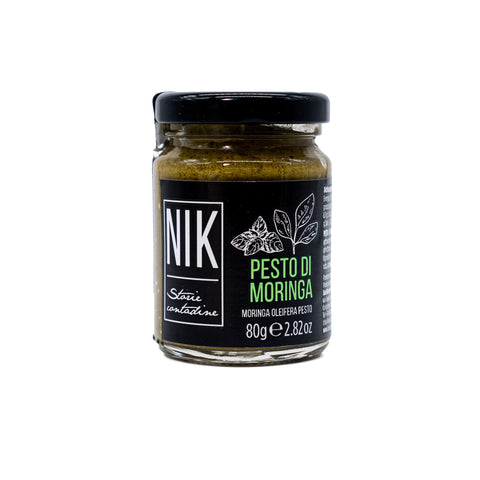
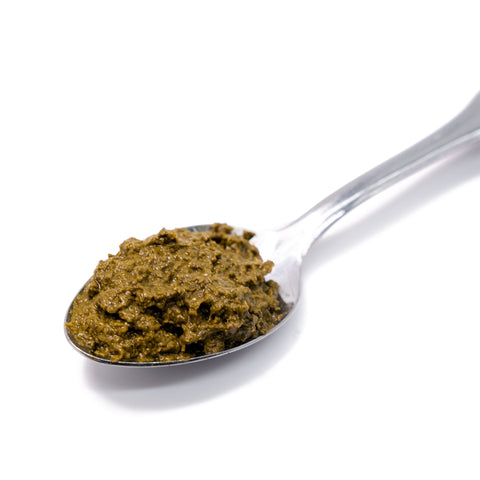


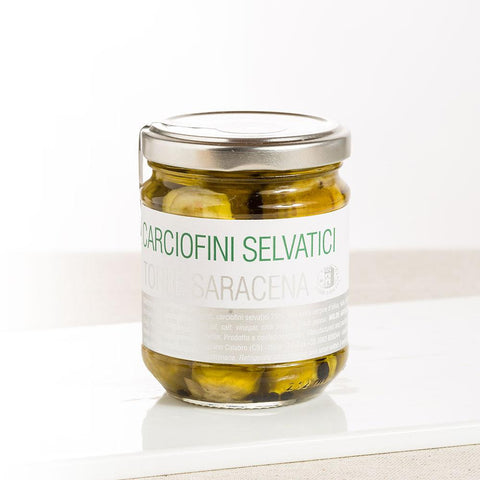

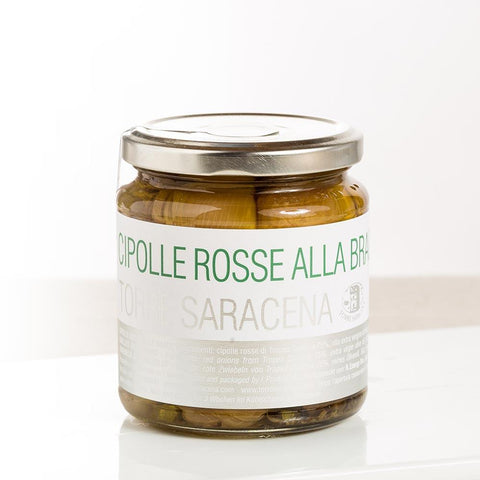

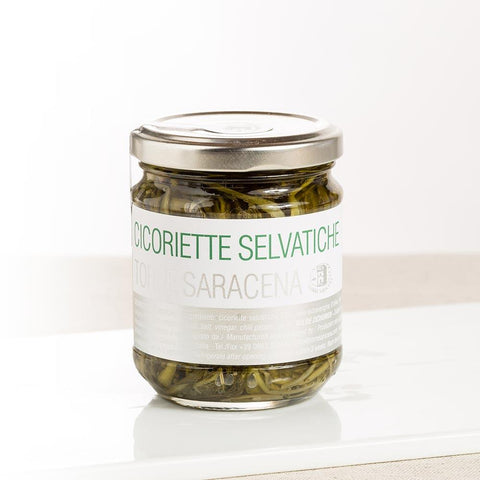



Comments (0)
There are no comments for this article. Be the first one to leave a message!